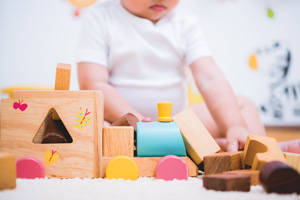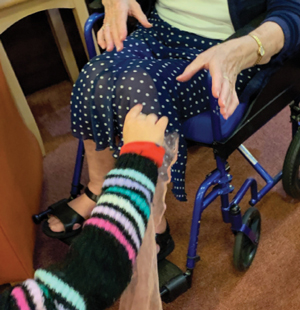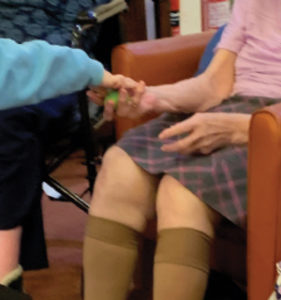
by Laura Gifford
Little Deers Preschool
The rising trend of Forest Schools around the country displays just how important outdoor play and learning is. In a world of computer games and social media, outdoor play for children is easily overlooked or dismissed as something that was done ‘back in the day’.
It’s important now more than ever that children have exposure to nature and the outdoor world. If the recent pandemic has taught us anything it’s that family time is precious and nature can still be enjoyed when other indoor pursuits can’t. In recent months, a lot of families have reconnected with the outdoor world enjoying leisurely walks in their local parks or forests.
Studies have consistently shown that playing in an outdoor environment reduces stress while increasing vitamin D levels, promoting social skills, and even increasing attention spans.
A lot more parents these days are choosing Forest Schools and outdoor settings for their child’s early education than ever before. In the UK alone there are over 45 registered Forest Schools and in Sussex over 10 forest style preschools. The benefits of outdoor play are endless.
Children are stimulated by the outdoors and typically experience, over time, an increase in their self-belief, confidence, learning capacity, enthusiasm, communication and problem-solving skills and emotional wellbeing.
In an outdoor learning setting, children are physically and mentally more active and generally lead healthier lifestyles. Another recent study showed that outdoor play significantly reduced the symptoms of ADHD, a condition that now affects 11% of all school children. On top of this, playing outdoors promotes self-confidence, fine motor skills, and balance. It promotes self-reliance, increases flexibility, and improves overall co-ordination.
When it comes to toddlers and preschoolers, being outside is an exciting sensory experience. Babies will enjoy the exciting visuals on offer as you take them for a walk outdoors. Toddlers love the chance to explore different spaces and touch natural objects – leaves, pinecones and puddles included.
Playing outside is really important as it gives your little one the chance to look around and learn. While you’re having fun as a family, taking your children outdoors and supporting their play is also helping your development as well as theirs – the whole family benefits from being outside.
Another benefit of outdoor play is that your child learns to appreciate and respect the environment around them. Teaching your child, the importance of taking care of the environment, placing rubbish in the bin, ensuring they look after plants and animals they encounter, is hugely beneficial to them.
In the US, Forest Kindergarten or Nature School is quite common and often referred to as a ‘classroom without walls’ where young children spend their time outdoors in nature creating toys with found objects and experiencing little adventures with their imaginations.
In Germany, Waldkindergraten (forest kindergarten) is also common. And lately, in America, the popularity of ‘out of the classroom and into the woods’ preschools and kindergartens is growing as more parents are starting to feel that academics and tests have become the focus rather than non-cognitive, social emotional development and personal growth.
Starting your child’s education years in a setting which will give them opportunities to grow in such a positive way seems like a sensible choice to make.
Little Deers is a forest style preschool in the village of Nutley, East Sussex and have been running for over 30 years, providing an exciting and stimulating environment for children surrounded by the beautiful Ashdown Forest. www.nutleypreschool.org.uk
Sources:
www.childdevelopmentinfo.com/parenting/the-benefits-of-outdoor-play-for-preschoolers/#gs.d326o8
www.forestschooltraining.co.uk/forest-school/the-benefits/
www.nct.org.uk/baby-toddler/games-and-play/benefits-outdoor-play-for-children
www.mamookids.com/blogs/journal/the-ultimate-guide-to-forest-nature-schools-in-the-us


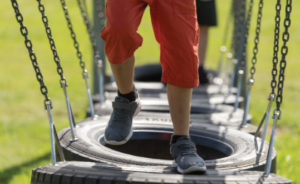 eep active and keep healthy
eep active and keep healthy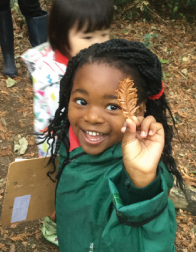
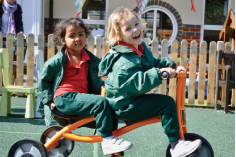 Parents as partners
Parents as partners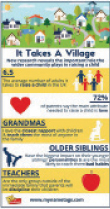 ey, commissioned by My Nametags (
ey, commissioned by My Nametags (
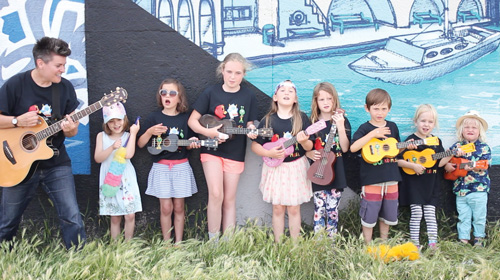
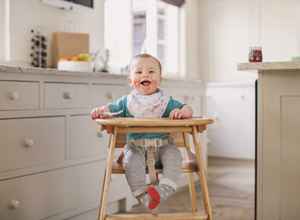
 Organix weaning and finger foods help babies discover new shapes, tastes and textures, and our wide range of toddler snacks provide parents with healthier snacking options to fuel happy days.You can find heaps of further information in the Organix Baby & Toddler Cookbook which has over 70 quick and easy recipes from weaning purees to dinner time faves for the whole family to enjoy!
Organix weaning and finger foods help babies discover new shapes, tastes and textures, and our wide range of toddler snacks provide parents with healthier snacking options to fuel happy days.You can find heaps of further information in the Organix Baby & Toddler Cookbook which has over 70 quick and easy recipes from weaning purees to dinner time faves for the whole family to enjoy!